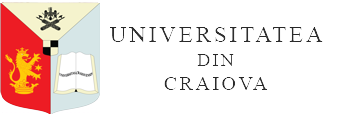INFLUENCE OF THE ROOTSTOCK P1103 AND SO4 ON THE BIOLOGICAL CHARACTERISTICS OF THE CABERNET SAUVIGNON VARIETY
DOI:
https://doi.org/10.52846/aamc.v53i1.1469Abstract
Cabernet Sauvignon is one of the most widespread grape varieties, both in the world and in Serbia and is used for the production of high quality red wines. The rootstocks P 1103 and SO4 are widely used in Serbian viticulture. The choice of rootstock can significantly influence the biological characteristics of cultivated variety, especially through qualitative parameters of bunch and the berry. The research was conducted in the wine-growing region of Šumadija. The vineyard was planted in 2009 with a row spacing of 2.3 m and between rows 0.8 m. The aim of the work was to determine the influence of rootstock P1103 and SO4 on the biological characteristics of the Cabernet Sauvignon variety. The work contains data related to phenological observations, vegetative and reproductive potential, yield, uvological composition of grapes and berries, and qualitative characteristics of grape juice. Phenological observations revealed no differences in the length of phenophases. A higher average shoot growth was observed on rootstock P 1103 (150.9 cm). A higher number of developed inflorescences (13.7) was observed on rootstock SO4, while the average yield was higher on rootstock P 1103 (1.723 kg). The uvological observations of bunches and berries showed higher values on the rootstock P 1103 for the following parameters: average weight of the bunch (175.4 g), number of berries in the bunch (151.6), weight of the bunch stem (5.5 g), weight of skin of 100 berries (11.9 g) and seed mass of 100 berries (7.2 g). The sugar content of grape juice was higher in rootstock P 1103 (27.16%), while the content of total acids was generally higher in rootstock SO4 (8.3 g/l).


